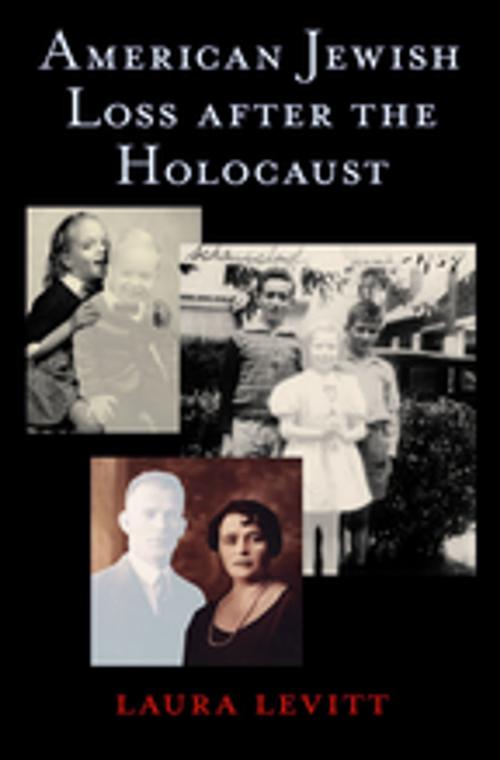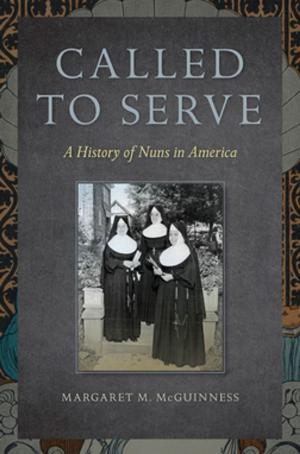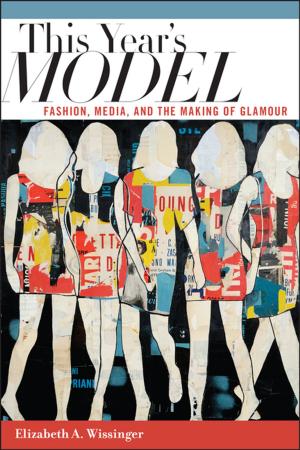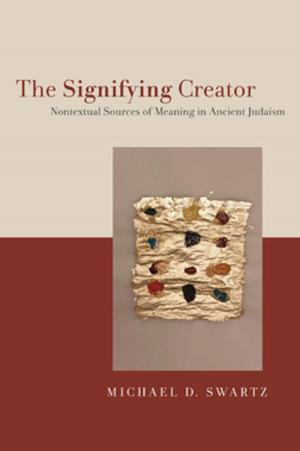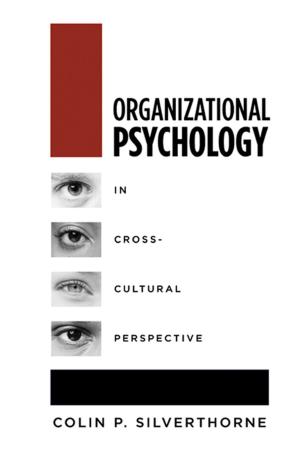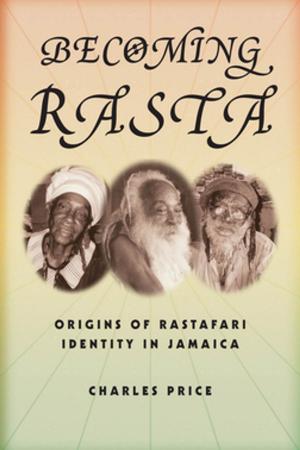| Author: | Laura Levitt | ISBN: | 9780814752319 |
| Publisher: | NYU Press | Publication: | November 1, 2007 |
| Imprint: | NYU Press | Language: | English |
| Author: | Laura Levitt |
| ISBN: | 9780814752319 |
| Publisher: | NYU Press |
| Publication: | November 1, 2007 |
| Imprint: | NYU Press |
| Language: | English |
Many of us belong to communities that have been scarred by terrible calamities. And many of us come from families that have suffered grievous losses. How we reflect on these legacies of loss and the ways they inform each other are the questions Laura Levitt takes up in this provocative and passionate book.
An American Jew whose family was not directly affected by the Holocaust, Levitt grapples with the challenges of contending with ordinary Jewish loss. She suggests that although the memory of the Holocaust may seem to overshadow all other kinds of loss for American Jews, it can also open up possibilities for engaging these more personal and everyday legacies.
Weaving in discussions of her own family stories and writing in a manner that is both deeply personal and erudite, Levitt shows what happens when public and private losses are seen next to each other, and what happens when difficult works of art or commemoration, such as museum exhibits or films, are seen alongside ordinary family stories about more intimate losses. In so doing she illuminates how through these “ordinary stories” we may create an alternative model for confronting Holocaust memory in Jewish culture.
Many of us belong to communities that have been scarred by terrible calamities. And many of us come from families that have suffered grievous losses. How we reflect on these legacies of loss and the ways they inform each other are the questions Laura Levitt takes up in this provocative and passionate book.
An American Jew whose family was not directly affected by the Holocaust, Levitt grapples with the challenges of contending with ordinary Jewish loss. She suggests that although the memory of the Holocaust may seem to overshadow all other kinds of loss for American Jews, it can also open up possibilities for engaging these more personal and everyday legacies.
Weaving in discussions of her own family stories and writing in a manner that is both deeply personal and erudite, Levitt shows what happens when public and private losses are seen next to each other, and what happens when difficult works of art or commemoration, such as museum exhibits or films, are seen alongside ordinary family stories about more intimate losses. In so doing she illuminates how through these “ordinary stories” we may create an alternative model for confronting Holocaust memory in Jewish culture.
